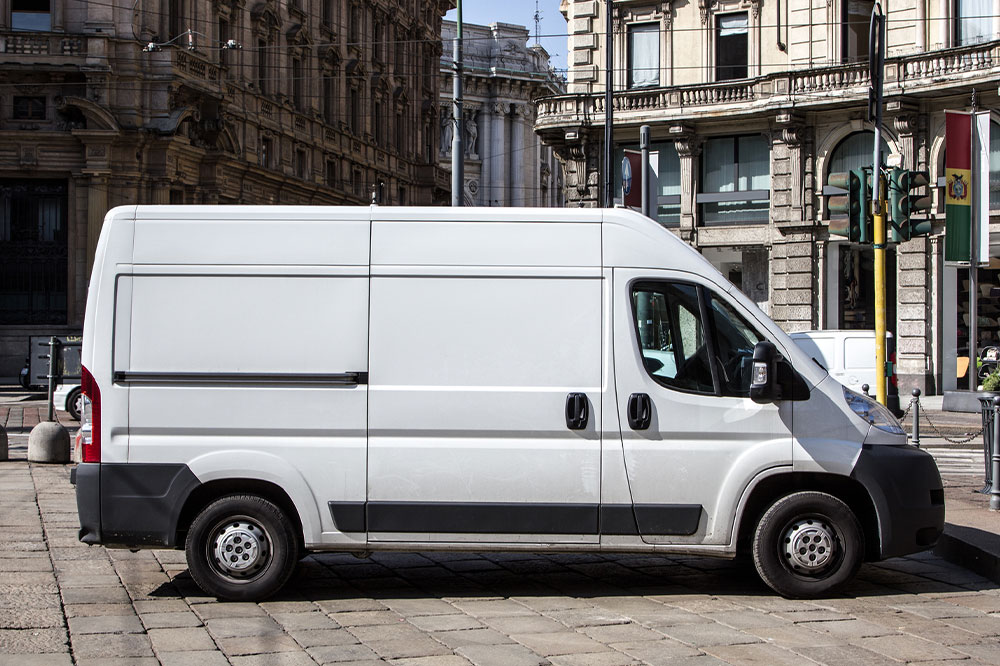How to Choose the Perfect Commercial Van for Your Business
Learn how to select the ideal cargo van for your needs with this comprehensive guide. It covers assessing cargo types, space requirements, fuel efficiency, safety features, and budget considerations. Making an informed choice ensures operational success, cost savings, and long-term reliability for your business or personal logistics needs.

Selecting the ideal commercial van for your business or personal use can be overwhelming due to numerous options available. Proper selection influences efficiency, expenses, and overall satisfaction. This guide outlines essential considerations for choosing a cargo van that fits your specific load and operational needs.
1. Determine Your Cargo Needs
1.1. Type of Goods
Identify your cargo type: are you transporting large, fragile, or temperature-sensitive items?
Different cargo types require specific van features:
– Large Items: Need spacious interiors and organization tools.
– Fragile Goods: Require secure tie-downs and vibration protection.
– Refrigerated Items: Need refrigerated van options.
1.2. Size and Weight
Estimate the usual volume and weight of your cargo. Vans come in various sizes:
Compact Vans: Suitable for small loads like parcels or tools (e.g., Nissan NV200, Ford Transit Connect).
Mid-Size Vans: Ideal for moderate loads such as equipment or catering supplies (e.g., Mercedes-Benz Metris).
Full-Size Vans: Designed for heavy or bulky cargo like pallets or construction materials (e.g., Sprinter, Ram ProMaster).
2. Fuel Economy and Range
Consider operating costs based on fuel efficiency. Review MPG ratings; diesel models often offer better longevity and fuel savings, though they might cost more upfront. Hybrid and electric options can provide eco-friendly benefits and long-term savings.
3. Interior Space and Accessibility
3.1. Cargo Capacity
Measure dimensions—length, width, height—and cubic footage to match your needs. Longer wheelbases provide more space but may be less maneuverable.
3.2. Loading Convenience
Features like rear and side doors, low-floor designs, and ramps facilitate quick loading and unloading, saving time and effort.
4. Advanced Safety Features
Prioritize safety technologies such as lane assist, blind-spot monitoring, airbags, stability control, and backup cameras to protect both driver and cargo during operations.
5. Budget and Cost Considerations
Evaluate total ownership costs, including purchase or lease expenses, maintenance, and fuel. Leasing can lower monthly payments and offer upgrades; buying might be more economical long-term.
6. Trustworthy Brands and Warranty
Select reputable manufacturers known for durability. Review warranty terms to ensure coverage against repairs, adding peace of mind and reliability.
7. Try Before You Buy
Test drive the van to evaluate comfort, noise levels, handling, and suitability to your work tasks. Test drives aid in making confident, informed decisions.
In conclusion, choosing the right cargo van involves analyzing your cargo specifications, vehicle features, safety, costs, and reliability. An educated decision enhances operational efficiency and offers long-term value.


